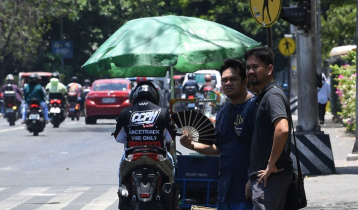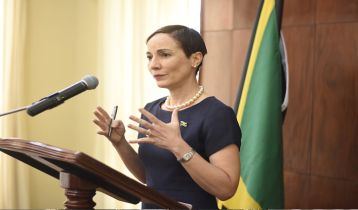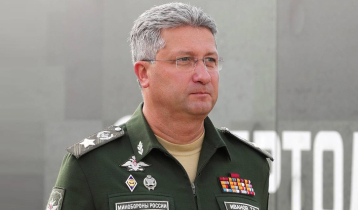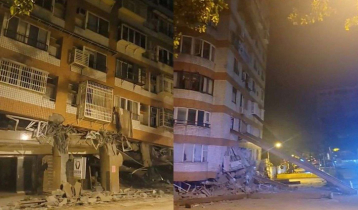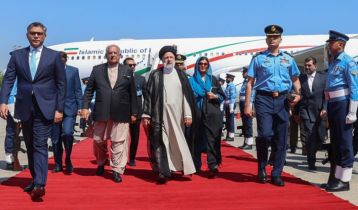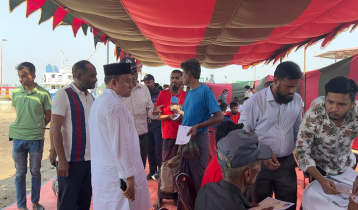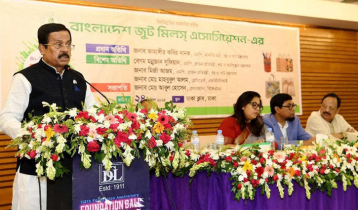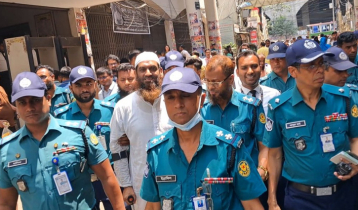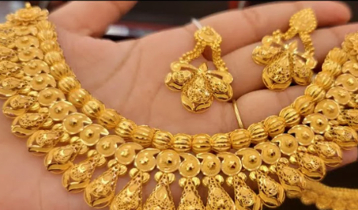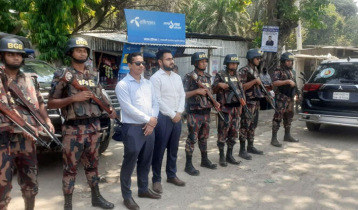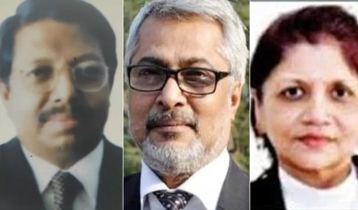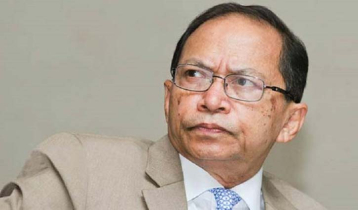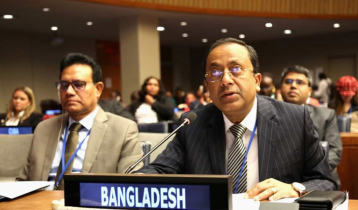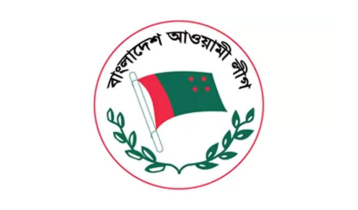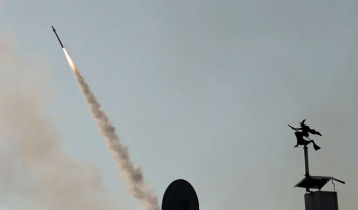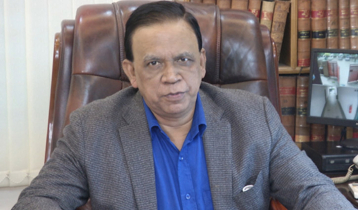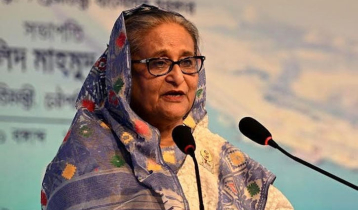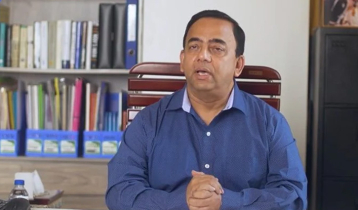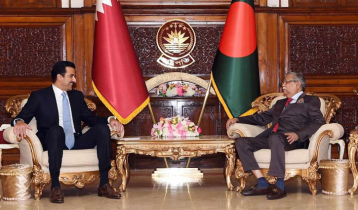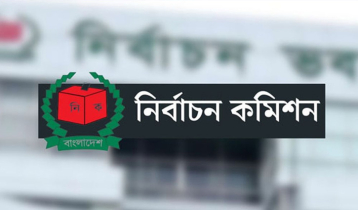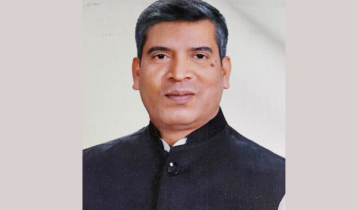Nawaz Sharif could have faced imprisonment
3 || risingbd.com
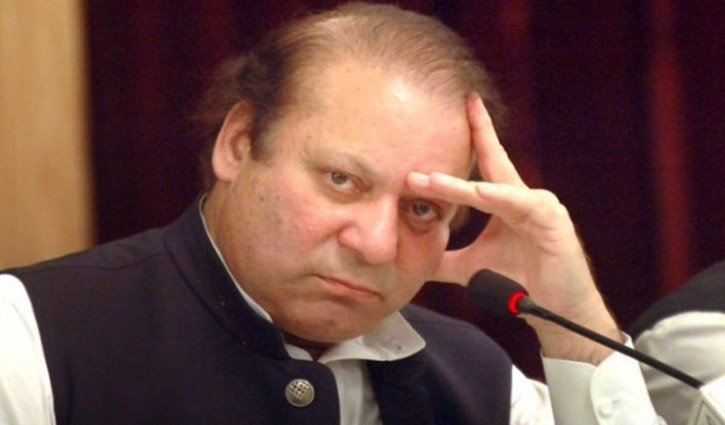
International Desk: The Supreme Court’s Friday verdict to disqualify prime minister Nawaz Sharif is unconventional. It is silent over the period for which Nawaz would remain disqualified; though many legal experts believe it is a lifetime disqualification.
Normally, the case of submitting false or incorrect declaration by any lawmaker falls under ‘corrupt practices’ according to section 78 of the Representation of Peoples Act, 1976 (ROPA).
Penalty for corrupt practice is prescribed in Section 82 of the same law. It entails punishment with imprisonment for a term which may extend to three years, or with fine which may extend to five thousand rupees, or with both.
In case of the former prime minister, the apex court has disqualified him under section 99(f) of ROPA, and Article 62(1)(f) of the Constitution. ROPA’s section 99(f) is simply a reproduction of Article 62(1)(f) of the Constitution.
Delineating qualifications for membership of parliament, the Article 62 Section (f) describes the criteria to be eligible for membership of parliament. “He is sagacious, righteous, non-profligate, honest and ameen…” it says. The Friday’s verdict solely relies on this provision.
It reads: “It is hereby declared that having failed to disclosed his un-withdrawn receivables constituting assets from Capital FZE Jebel Ali, UAE in his nomination papers filed for General Elections held in 2013 in terms of Section 12(2)(f) of the Representation of the People Act, 1976 (ROPA), and having furnished a false declaration under solemn affirmation respondent No 1 … Nawaz Shairf is not honest in terms of Section 99(f) of ROPA and Article 62(1)(f) of the Constitution of the Islamic Republic of Pakistan, 1973 and therefore he is disqualified to be a Member of the Majlis-e-Shoora (Parliament).”
After this paragraph, the Supreme Court gives directives to the Election Commission of Pakistan (ECP) to de-notify Sharif as a member of the National Assembly. The verdict is silent over period of his disqualification or about any further proceedings against him.
In many previous such cases where any member was found guilty of filing false declaration, like in cases where some members were found to have fake educational certificates during 2008-2013 term of the assembly, the lawmakers were de-seated and their cases were sent to trail courts.
Some of them had to undergo imprisonment as well. Those convicted in any such crime had to face disqualification for a period of five years. The period of disqualification starts after lapse of imprisonment term.
However, in Nawaz’s case the court has based its decision purely on Islamic injunctions incorporated during military ruler General Ziaul Haq’s era. Legal experts believe the precedent set through the decision could open room for many to inculpate their political opponents on one pretext or the other.
“This can open a new Pandora’s box. In the existing laws, if you are convicted of murder still you can qualify to contest elections after going through punishment. But if you have been found violator of any Islamic injunction, you would face lifetime disqualification,” said Barrister Masroor Shah, who is also a spokesman for Aftab Sherpao’s QWP.
Interestingly, during the PPP’s last government, when a number of changes in the Constitution were being discussed before 18th amendment package, it was the PML-N that had opposed rectifying the provisions included during Zia’s regime.
Members of the five-judge larger bench – in their first judgment in Panama Papers case on April 20 –drew attention of the parliament towards these provision and mentioned that till they were part of Constitution, the courts were bound to follow them.
Senator Taj Haider of the PPP recalls that when his party signed the Charter of Democracy with the PML-N in 2006, Nawaz was intransigent that no provision of Constitution introduced through 8th amendment by General Zia should be touched, expect for Article 58(2) (b) once any of these parties come into power.
“Subsequently, when the PPP – at the time of 18th amendment – proposed changes in Articles 62 and 63, the PML-N was among the parties that had strongly opposed it and the proposal had to be shelved. Ultimately, Sharif himself was ousted under the same provisions that he had been guarding,” he added.
Source: The Express Tribune
risingbd/Dhaka/July 30, 2017/Nasim
risingbd.com

